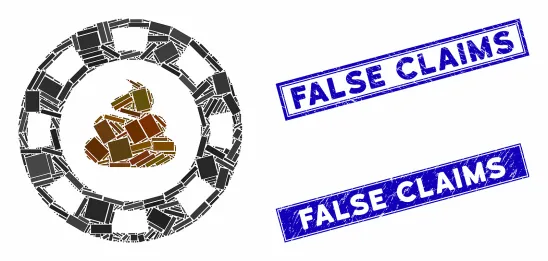Recent years have seen eye-popping judgments and settlements involving cases brought under the federal False Claims Act (FCA) and federal Anti-Kickback Statute (AKS). And healthcare companies have, unsurprisingly, focused their compliance efforts on these and other federal fraud-and-abuse statutes. But a recent decision out of the Second Circuit underlines the importance of incorporating state-level anti-fraud laws in any compliance program.
Federal Claims Dismissal Affirmed — but State Claims Survive
In United States ex rel. Hart v. McKesson Corporation, several charges were premised on alleged kickback violations related to the company’s free provision of certain business-management tools. The district court granted McKesson’s motion to dismiss all claims.
But on appeal, while the Second Circuit upheld the district court’s dismissal of federal FCA claims based on federal AKS violations, it reversed the dismissal of state FCA claims based on state AKS violations. Central to the court’s decision was the difference in scienter elements between the federal AKS and similar state statutes.
Federal vs. State Scienter
To meet the scienter element, a violation of the federal AKS requires that the defendant act “willfully.” In a thorough discussion of this scienter element for the federal AKS, theSecond Circuit found that “willfully” means the defendant must act with the knowledge that his conduct is unlawful, even if he is not aware of the AKS specifically. This view is consistent with other circuits and is the consensus view on federal AKS scienter. The court then determined that the plaintiff had not pleaded sufficient facts to give rise to a plausible inference that McKesson acted willfully.
Unfortunately for McKesson, the court found that the state claims were based on state kickback laws that, while similar to the federal AKS, lacked any “willful” scienter element. For such state laws, federal case law on willfulness may be of limited, if any, relevance. The practical result is that whistleblowers and state attorneys general offices may have significantly lower standards to plead a violation of state law.
Different Standards, Different Risks
The Hart opinion highlights the importance of keeping state laws in mind when evaluating fraud risk of various healthcare-related programs. In addition to relaxed scienter elements, many states have “all payer” anti-kickback laws or commercial bribery statutes with significantly more reach than the federal AKS that requires a nexus with federal healthcare programs. Thus, the risk of liability may be much broader than under the federal FCA and AKS.




 />i
/>i
